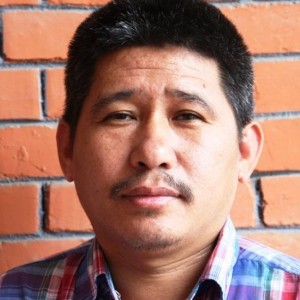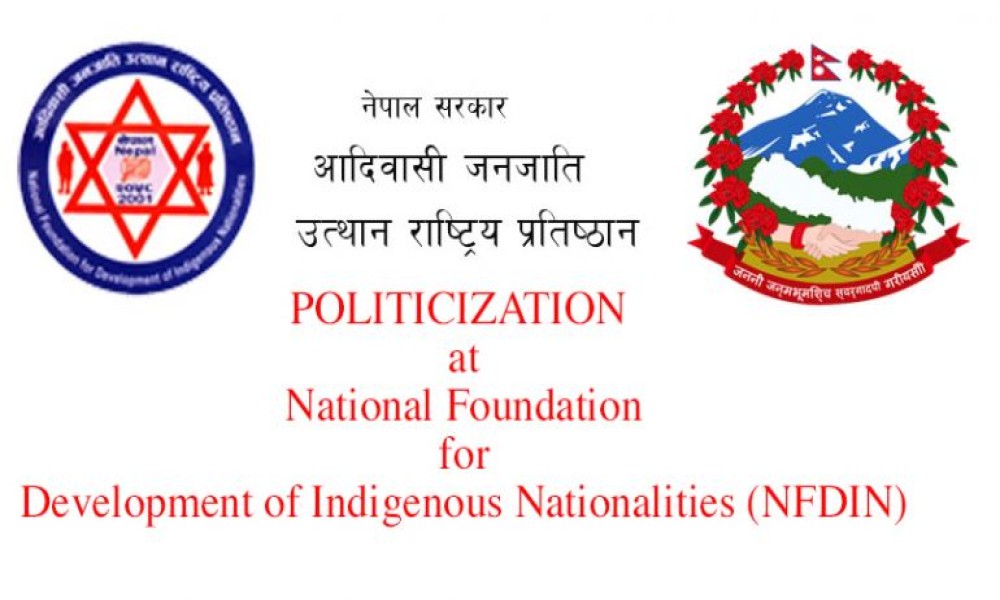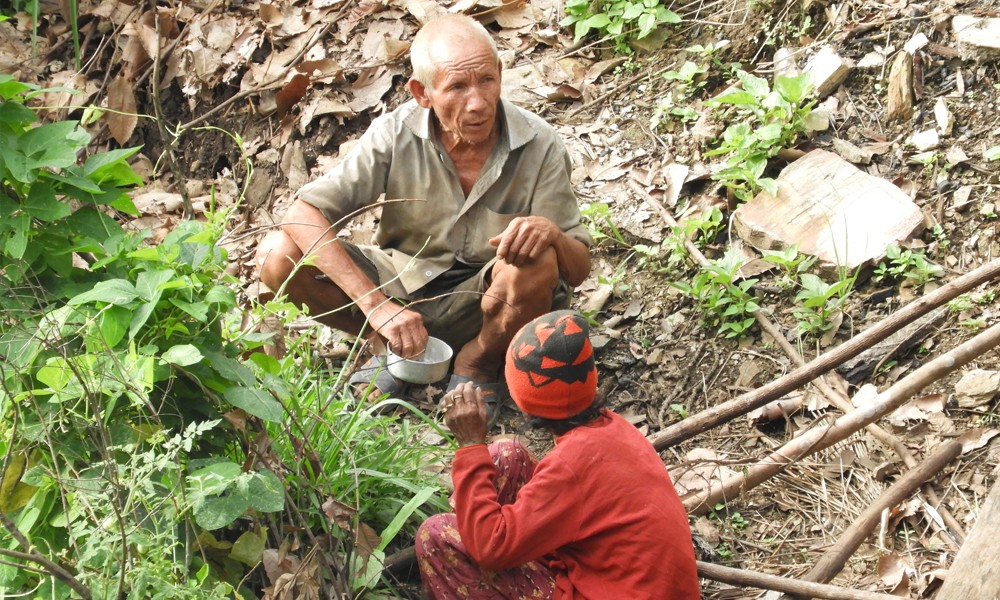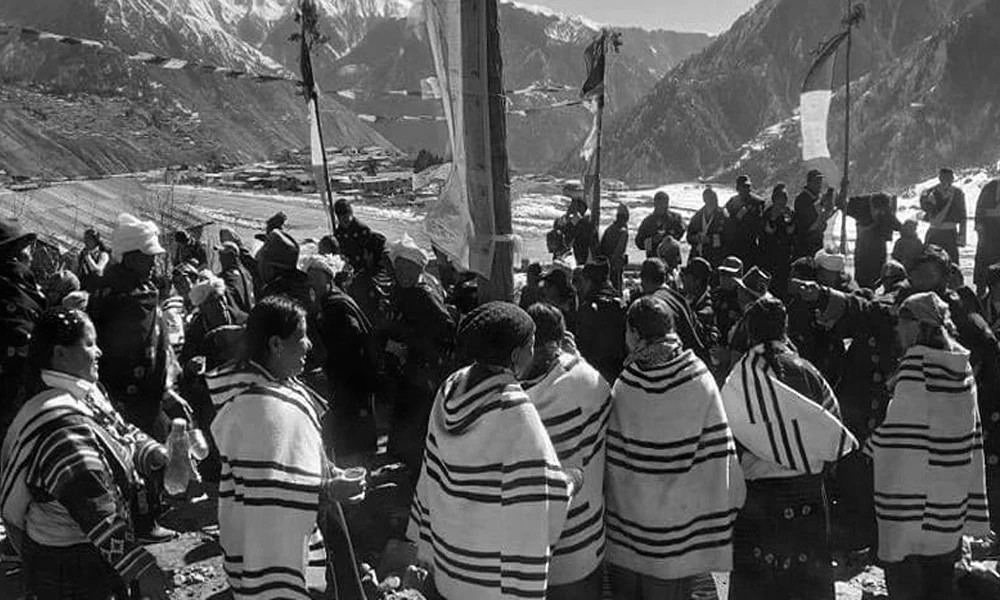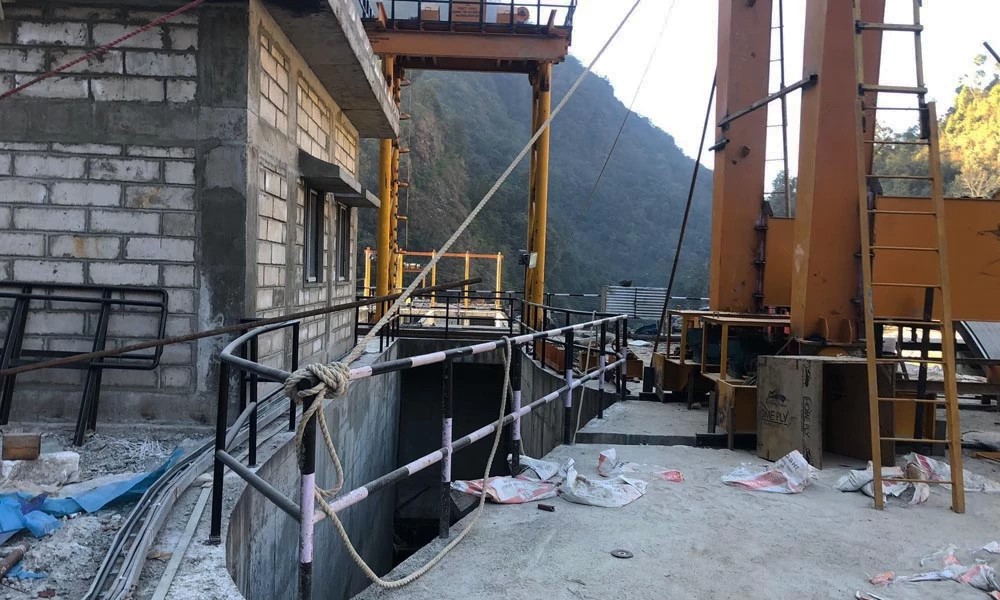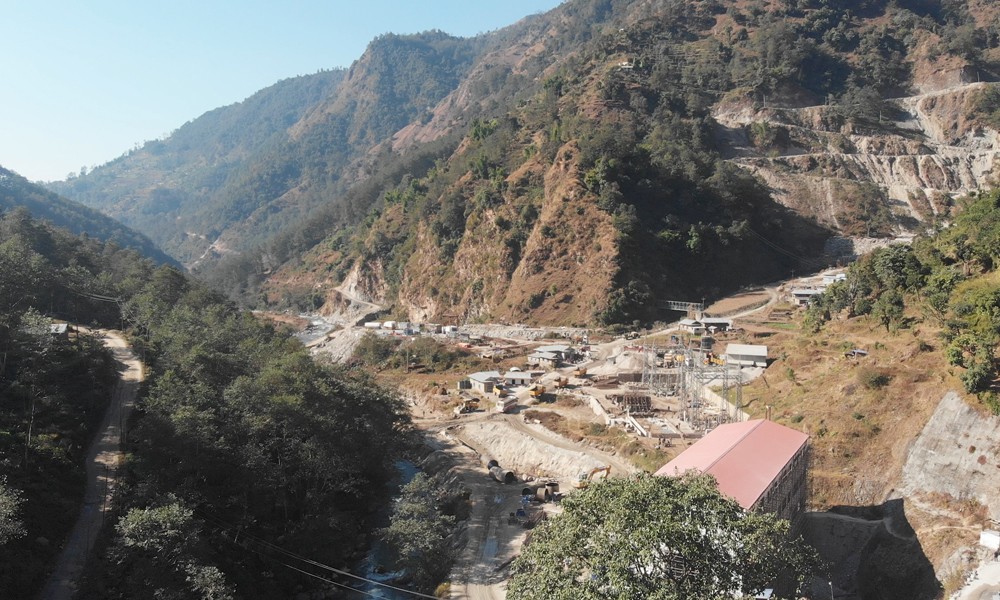The National Foundation for Development of Indigenous Nationalities (NFDIN) has failed to serve its purpose because of politicization, say stakeholders. The NFDIN was established in 2002 to mainstream Adivasi Janajati people; and to uplift them socially, economically and culturally.
The NFDIN's first Executive Director Tamla Ukyab says: "The institution was initially free of politicization, but political parties soon started interfering in it."
Indigenous rights activist Dr. Som Dhimal too feels that the NFDIN has deviated from its ideals. He says: "Every government handpicks its own cadre to lead the institution, who are loyal to their own parties. The NFDIN is rarely led by people who understand the issues of indigenous nationalities. It would perhaps be too much to expect politically neutral people to lead the NFDIN, but at least professional and action-oriented people can be sent in there."
Every government handpicks its own cadre to lead the NFDIN, who are loyal to their own parties. The NFDIN is rarely led by people who understand the issues of indigenous nationalities.
The Nepal Federation of Indigenous Nationalities (NEFIN)'s former secretary Bimala Sunuwar agrees with Dr Dhimal. She adds: "The NFDIN is not inclusive. It lacks representation from across all gender groups, regions and indigenous nationalities."
According to the National Foundation for Development of Indigenous Nationalities Act-2002, the Prime Minister is its ex-officio Chair while Federal Affairs and General Administration Minister is its ex-officio co-Chair. The government appoints its Vice Chair as Executive Chief. Since its establishment, the NFDIN has got four Vice Chairs so far.
Prof. Santa Bahadur Gurung was the founding Vice Chair of the NFDIN, who was succeeded by Jhak Bahadur Magar, Jitpal Kirant and Chandra Bahadur Gurung. Even though Chandra Bahadur Gurung's tenure ended in April, the government has shown no urgency to fill the vacant posts.
Tamla Ukyab says: "Whoever gets to be the NFDIN's new Vice Chair, s/he will be handpicked by the government. And the current government is evidently not sympathetic to the cause of Adivasi Janajati."
The NFDIN commissions some studies, but their reports gather dust. In the preamble of the act governing the NFDIN, it is said that this institution will mainstream indigenous nationalities. But how much progress has been made in this direction? Almost nil !
Dr Dhimal says the NFDIN has so far been busy in implementing trivial activities rather than carrying out any significant programs. He adds: "It is also dominated by not-so-marginalized indigenous communities. People from Bankariya, Raute, Surel, Kushwadiya and Kusunda have not been able to reach there. People from highly marginalized communities perhaps even do not know that a government entity exists for their mainstreaming."
He adds: "The NFDIN commissions some studies, but their reports gather dust. In the preamble of the act governing the NFDIN, it is said that this institution will mainstream indigenous nationalities. But how much progress has been made in this direction? How many indigenous people have been empowered so far? How many have risen in politics? How many have joined government service, police and the army? How many academicians and journalists have indigenous communities got? Almost nil !"
Tamla Ukyab, who also served as Nepal's consular general to Lhasa, says another reason the NFDIN is unable to carry out significant programs is the lack of funding and resources. Ukayb says: "The NFDIN gets very limited funding, and much of that goes to the NEFIN and other associations of indigenous nationalities."
Ukyab says: "The government is unlikely to provide more resources to the NFDIN because it is not positive to indigenous people, which is evident from how it has established a similar entity called Inclusion Commission in the leadership of Khas-Arya community."


